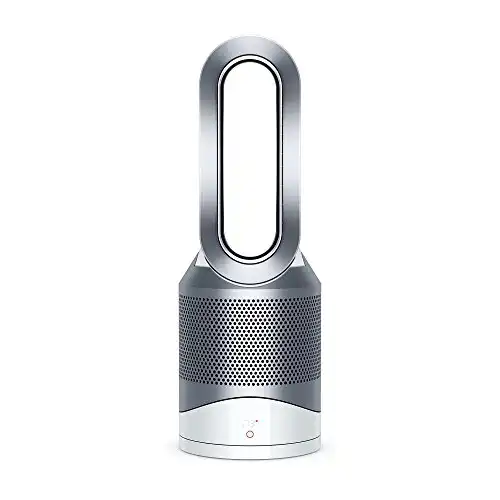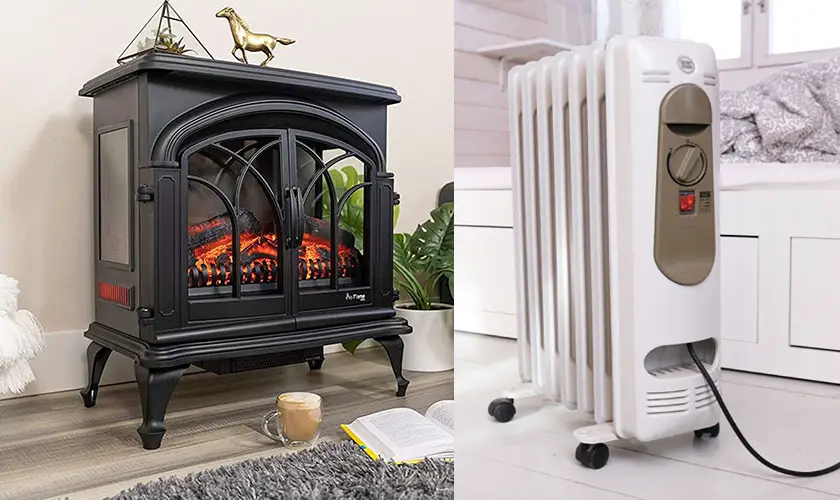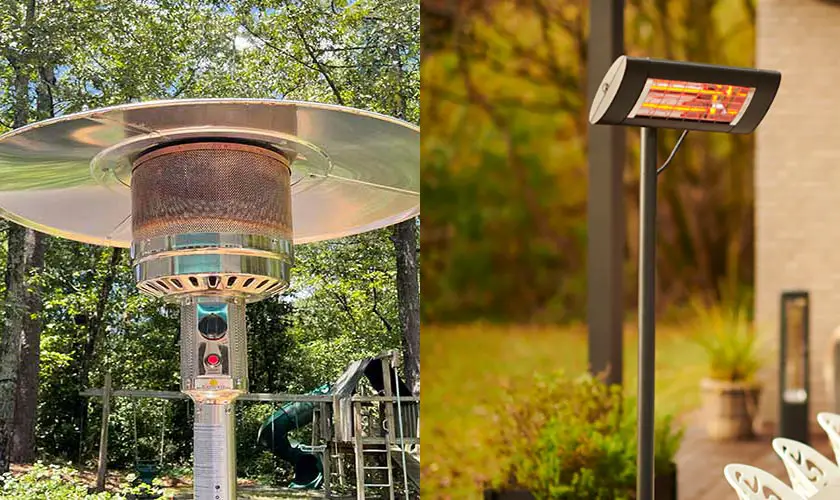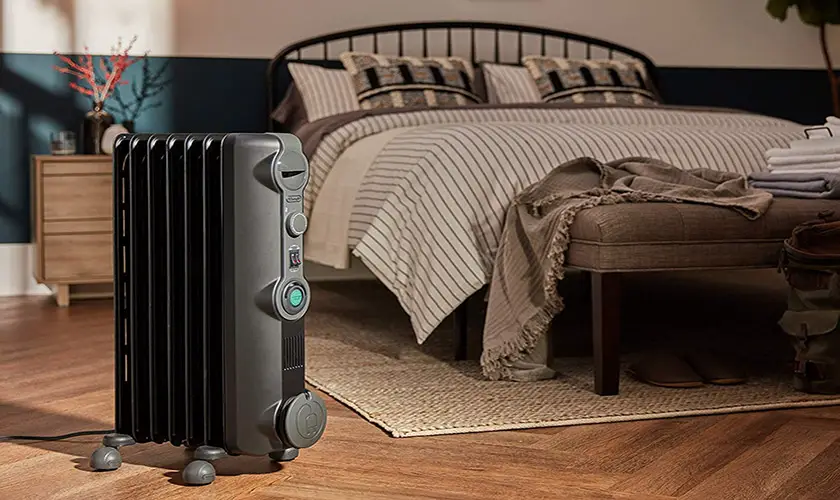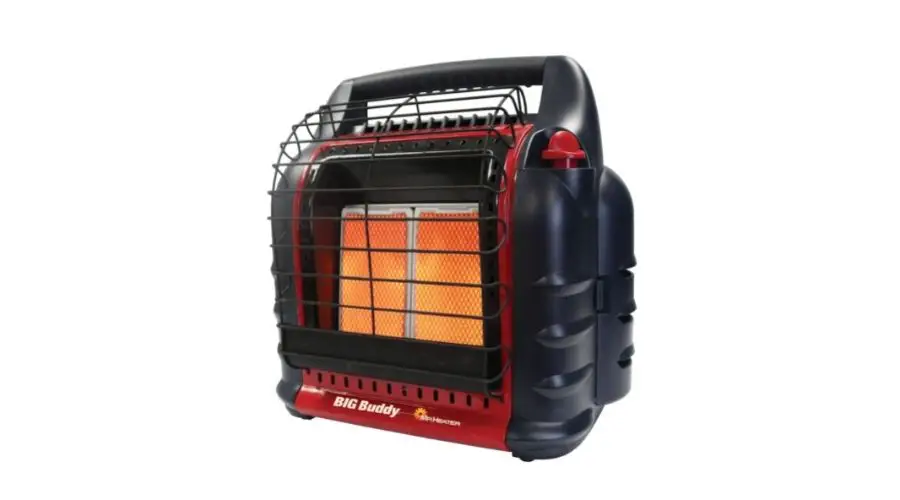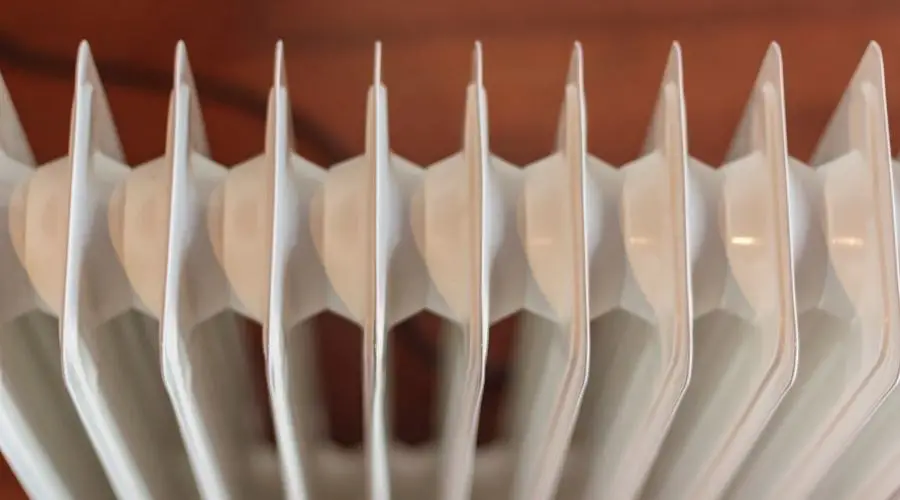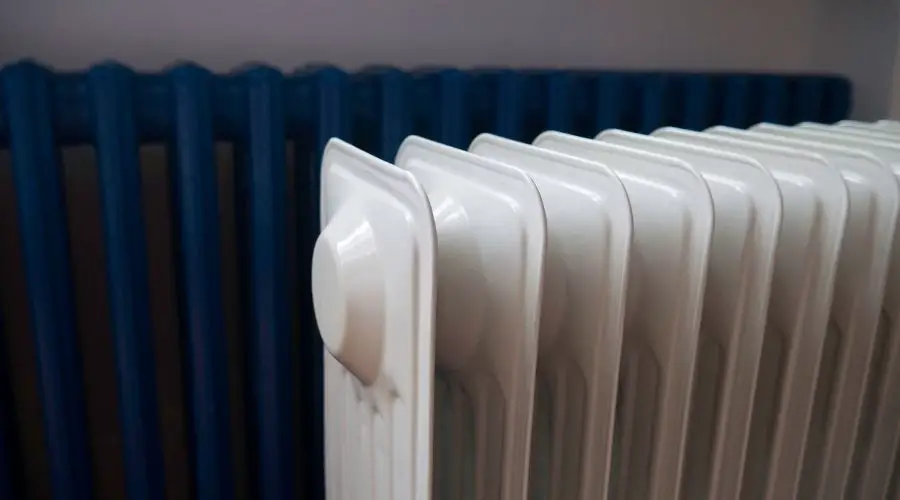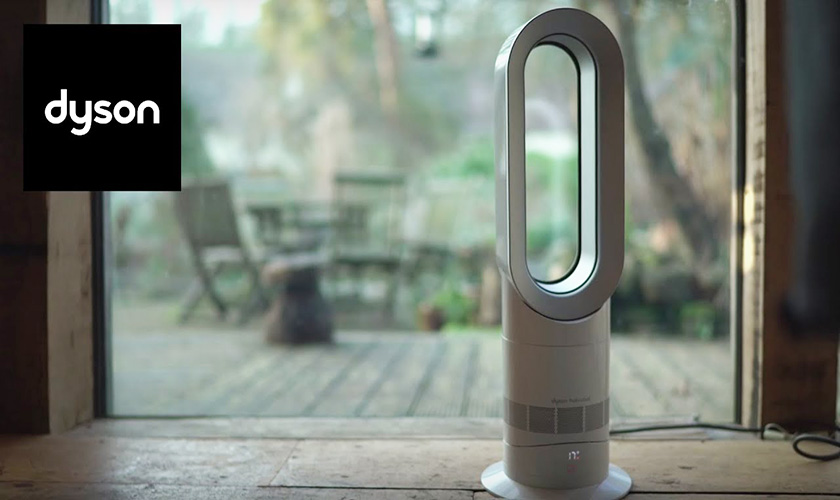
Heaters get used often during cold nights and when winter is cooler than usual. One of the best brands of heaters is Dyson, which has a good track record in its effectiveness. But, as efficient and effective as Dyson heaters, can you leave them on all night?
Dyson heaters have a built-in timer, which shuts them off after nine hours of continuous use. Dyson heaters are also cool to touch even when in use.
In that sense, leaving a Dyson heater on all night while you are sleeping is okay because it will eventually shut off after nine hours and is unlikely to combust flammable materials. Its safety features even allow you to use it for up to 24 hours.
There aren’t many heaters that can stand up to what Dyson heaters offer their consumers regarding safety features. You can rest and sleep assured, knowing this won’t be a hazardous heater. Still, there are some things you need to learn more about if you want to feel more confident with a Dyson heater by your side.
Can You Leave A Dyson Heater On All Night?
Portable space heaters have gotten a lot of bad rep because many heaters should not be used continuously for a long time.
Even fire safety experts urge consumers to always be on guard when using such heaters and never leave them unattended. That means that owners of portable heaters should always stay awake and never sleep while their heaters are on.
So, if that is the case, does the same rule apply to Dyson heaters? Can you leave Dyson heaters on all night, or should you just shut them off before you sleep?
Well, it is safe to leave a Dyson heater on all night. The reason is that Dyson heaters include a feature that will allow them to shut off after nine hours of continuous use.
Because of that feature, your Dyson heater will eventually shut itself off after nine hours while you are sleeping. Or, in case you wake up before the nine hours is up, you can even turn the heater off yourself. It’s a very convenient feature that ensures the Dyson heater doesn’t overheat due to continuous use.
It Contains Safety Features
Dyson heaters even have safety features that allow them to be used for an entire day because they have no visible heating or cooling elements that tend to heat a lot to the point that they may end up unsafe.
Stay Alert
However, it is always best to stay vigilant. You may be delighted that the Dyson heater you use can be turned on for almost an entire day, but it is better not to leave a heater unattended if you want to be extra safe.
So, if you want to sleep with your Dyson heater on, make sure that you turn it on just before you go to bed so that, when you wake up, it hasn’t reached its limit of nine hours and that you can turn it off yourself.
Don’t Overuse Your Heater
Another essential thing to note here is that you should also ensure you do not overuse your Dyson heater because any household appliance that produces heat can be pretty dangerous.
On top of that, overusing your Dyson heater may end up eating a ton of electricity. Not using a lot of electricity leads us to our next point.
Do Dyson Heaters Use A Lot Of Electricity?
Anything that produces heat uses up a ton of electricity. These objects include but are not limited to your oven, shower heater, and portable space heater. It only follows that your Dyson heater will also use up a lot of electricity because it produces heat.
Even though Dyson heaters come with many safety features, quality, and performance, it doesn’t change that these are energy-hungry heaters that spike energy bills if you aren’t careful with how you use them.
Most Dyson heaters are 1500-watt space heaters. For every 1.5 kWh of electricity that a Dyson heater consumes, you pay something close to 0.16 cents.
So, if you use this type of heater continuously for 24 straight hours without resting it, you will spend close to $120 every month. That number might not sit well with those who want to keep their electricity bill at acceptable levels.
Meanwhile, on the other hand, if you are using a Dyson fan heater, the heater will use somewhere between 1 to 2 kWh of energy. In other words, these heaters can potentially be more expensive than the usual 1500-watt Dyson heater.
In contrast, oil radiators are much more energy-efficient and will only use less than 1 kWh of energy. This makes them cheaper than Dyson heaters, but they are not as safe due to the risks of using them.
So, all in all, Dyson heaters are not energy-efficient and will undoubtedly use much electricity. Suppose you are willing to invest in an expensive space heater like Dyson’s.
In that case, even if you are still wary of your energy bill, you will realize later that every dollar your Dyson heater uses up is well worth the price because of how effective, safe, and quiet it is.
Can A Dyson Heater Catch Fire?
As mentioned, space heaters have gotten a bad reputation over the last decade because of some cases where they caught on fire while their owners were using them. Many experts have repeatedly proven that portable space heaters are generally safe if you use them correctly.
They caught fire because their owners were not using them properly and were not wary of using space heaters. Due to misuse, space heaters cause 400 deaths every year because of the fires they produce due to human error.
So, should this be something to worry about when using a Dyson heater? The good news is that it generally shouldn’t be a cause of concern on your part.
Dyson heaters are unlike typical heaters because they have no visible heating units and remain cool to the touch. That means they won’t start fires if you accidentally tip them over and they touch the carpet or when the drapes get too close to the heater.
How Well Does A Dyson Heater Work?
But how do Dyson heaters work? Well, Dyson heaters insulate the ceramic heating elements well, and the outer walls that keep the heating elements from being exposed are lined with foil to reflect the heat.
Instead of a fan, a Dyson heater pushes the air out through a small opening as it spreads throughout the room to heat it effectively without the dangers that usually come with heaters that have exposed heating elements.
How Safe Are Dyson Heaters?
With all the safety features that Dyson heaters come with, these heaters are generally safe to use and are more likely a lot safer than most other heaters available on the market. They will not readily catch fire and can be left alone at night without you worrying that they would end up overheating.
However, it is still best to stay vigilant because, at one point, Dyson heaters had to be recalled due to some problems with their wiring.
There weren’t any problems regarding how the Dyson heaters’ heating element worked, but it was more regarding how some models ended up short-circuiting and overheating.
The good news is that no injuries and significant damages were reported due to this incident, but Dyson quickly replaced such defective models.
While the Dyson heaters you see on the market today have since moved past that point and are now generally safe, it is still better to follow all of the proper safety precautions required when using a heater.
Do not try to overuse the Dyson heater or leave it on for an extended period. It is also better to ensure that you do not leave your heater unattended and keep it away from anything that can catch fire.
Final Word
Overall, depending on your needs, Dyson heaters can be an excellent choice for your household. If you want to leave it on throughout the night, make sure to put the timer on and set it right before falling asleep. This way, you will be able to save a decent amount of energy, as they use 33% more electricity than most heaters do.


